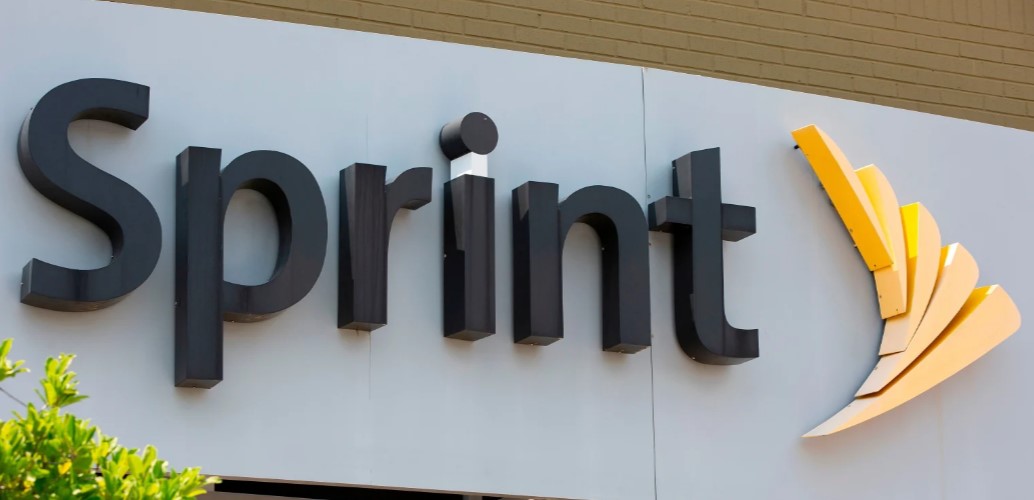
More than a dozen states are suing to stop a deal that would see two of the top U.S. telecoms companies merge into one, a move that state attorneys general argue would harm consumers and raise prices.
That trial was scheduled to begin early Monday in U.S. District Court for the Southern District of New York, where attorneys general for the 13 states and the District of Columbia were to argue against the $26.5 billion deal that would see the third- and fourth-largest telecoms companies combine. In the suit spearheaded by New York and California, the attorneys general argue the deal would stunt innovation, decrease competition, drive up costs to consumers and disproportionately effect subscribers from low-income households and prepaid subscribers.
“Many low-income subscribers cannot pass a credit check and, thus, can purchase mobile wireless telecommunications services only on a prepaid basis,” the complaint filed in June argues. “The harms faced by low-income subscribers using prepaid service will be particularly pronounced because many low-income subscribers use their mobile handsets as their primary—or even only—means of connecting to the Internet, and the fees paid for mobile wireless telecommunications services are among the highest monthly expenses in many low-income households.”
The complaint claims that the merger could cost subscribers of both companies a minimum of $4.5 billion annually. New York Attorney General Letitia James said in a statement in June, as the suit was beginning to win the support of additional states, that the deal “would stifle competition, cut jobs, and harm vulnerable consumers from across the country, so unity among the states will be key in defending our citizens against this power-hungry corporate union.”
Sprint declined to comment. T-Mobile did not immediately return a request for comment.
Several more states initially threw their support behind the lawsuits ahead of its scheduled trial date but ultimately pulled out after striking deals. Colorado and Mississippi withdrew in October, while Nevada and Texas dropped from the lawsuit in November. The Justice Department approved the merger in July, the Federal Communications Commission—which is led by totally impartial corporate shill Ajit Pai—officially approved the merger early last month.
Still, attorneys general who remain attached to the lawsuit maintain it’s bad for businesses and bad for customers in the U.S., and top Democratic lawmakers have roundly criticized the deal, including presidential candidate Senator Bernie Sanders.
“This is a disastrous decision,” Sanders tweeted last month after the FCC announced its decision on the merger. “When we’re in the White House we’re going to end this corruption and break them up.”





























